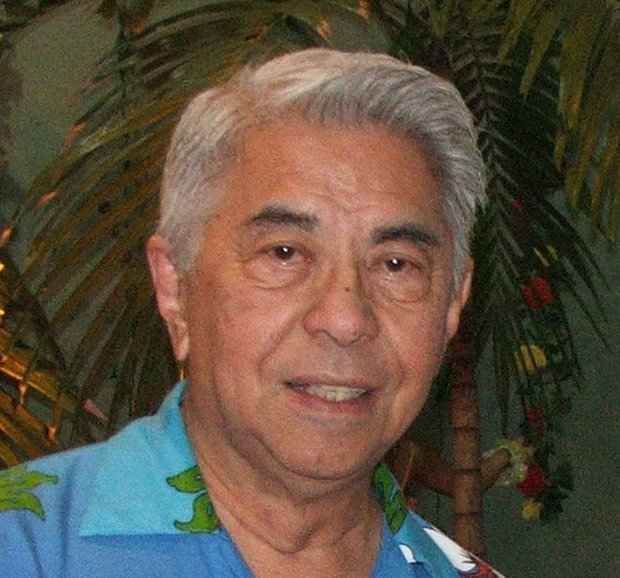Pie Thrown on a human face - not an Asian practice

A famous comedy duo that appeared in films just before World War II somewhere in the mid thirties, were Stan Laurel and Oliver Hardy. Laurel was the think one and Hardy the fat one. They were of British descent as revealed by their English accents. Most of their comedy routines stemmed from funny situations. Laurel is the straight man who always plays the part of the better informed half of the team while Hardy is the foil or the fall guy who gets it between the eyes and his whole corpulent body shakes with anger when it happens.
One characteristic of the two is that in all their movies, they never used the “slap stick” technique at all. To the aficionado humorists, the highest form of wit is intellectual or double meanings similar to the type of humor that Bob Hope uses.
The lowest is slapstick. With the Laurel and Hardy team, sometimes one would hit the other gently to emphasize a point but that was all the physical or visual effect. Often, they depend on the situation itself using the power of pantomime, enough to produce the desired laughter.
On the other hand we have the very popular American spawned The Three Stooges known and liked by many over many decades and in fact is having a comeback these days. These three were totally dependent on situations and with the ample use of slap stick – and I mean hard hitting slap, bops on the heads, and falls of various types - to get a laugh. One plays the straight man in a superior position and the other two stooges is supposed to obey or imitate what number one stooge wants. Usually the two follow wrongly and therefore get bopped by some hard object depending on what is within reach or available. Mock anger by the number one partner produces the comedic effect and the other two nursing a painful head or nose or back provokes the laughter.
In many American films, it is almost certain that a slap stick comedy sequence would be topped by a pie in the face sequence. And this act usually gets terrific reaction from the audience – a non Asian audience. Why do we say this is so?
In Asia the human person’s face is considered delicate and priceless. The fact is in effect the person's logo and should not be mistreated. It is his whole being, his public image. Over the developing period of Asian societies the basic elements of human relations rested and depended largely on how one honors one’s face especially in business transactions. Bartering – which preceded the exchange of currencies – which is to trade with one another using items or services and not money - depended principally on the quality of a person through his face. When one made a professional commitment orally facing the other party one has to stake his face and must meet the commitment before or on agreed time. His face is his asset, and of course his visual word of honor!
In early agricultural society Asia, a man’s face stands for his individual integrity, family honor, prestige and standing in the community. That is why the term “losing face” and “face the music” “face value” originated from and often really refer to that commodity, precious and fragile which is one’s face. It is his ticket in polite and honorable society. It is supposed to represent his willingness to abide by the common code of conduct and business relationships.
Thus, whenever one who is Asian or of Asian descent views the American film comedies featuring the pie thrown on one’s face, it creates a slight psychological trauma within his own Asian bred body and soul. The person not ready to laugh at this physical humor. But one asks, does it follow that because the Americans who make use of this type of humor has no honor and that he does not value his face at all? And the answer of course is that American society values the totality of the person and not just the face and attributes one’s personality and integrity as his credentials as a member of society. Having a pie in the face, to the American mind, does not diminish the person’ honor, nor integrity for it is done in jest, it is a "child like" moment and for humorous effect without giving the act of throwing pie on the face any other meaning.





